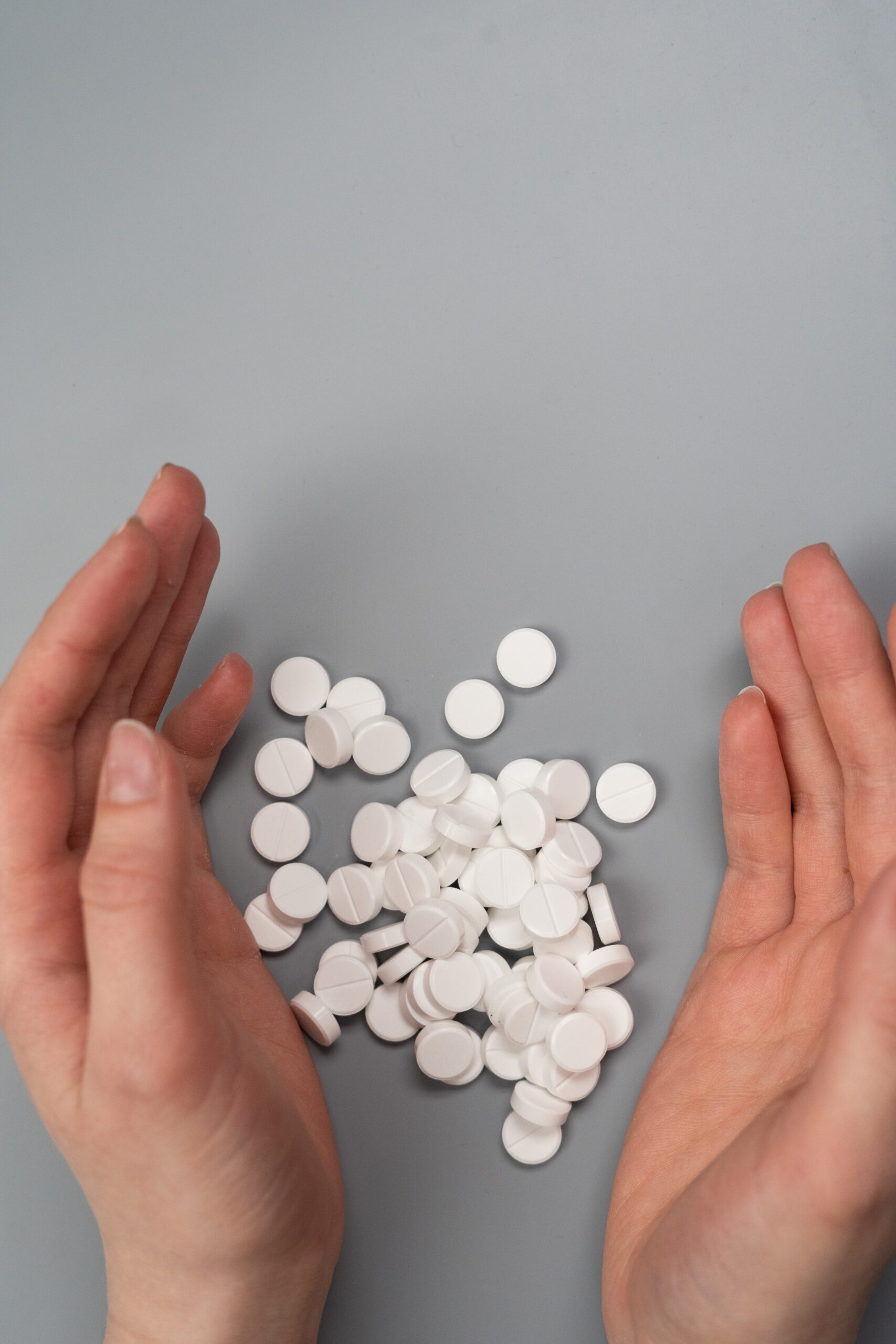Addiction
Addiction
Addiction refers to a strong craving for a certain state of experience or a behavioural pattern that is accompanied by a loss of control and can lead to serious negative consequences. The affected person cannot give up the addictive substance or behavioural pattern despite knowing about the negative consequences and accepts greater and greater risks over time. Addiction can have both physical (e.g. alcohol or drugs) and psychological (e.g. computer games or gambling) causes and affects all sections of the population.
Addiction in learners is a serious problem that can affect their academic performance and well-being. According to recent statistics, there is an increasing number of learners who regularly use illicit drugs, abuse alcohol or develop an addiction to computer games or social media.
It is important that schools and teachers recognise the signs of addiction in learners and provide them with appropriate support. This can include training for teachers, improved collaboration with parents and out-of-school settings, and the provision of information and resources for affected learners. Early intervention and targeted support can help affected learners get back on track and improve their academic performance.


In addition to supporting affected learners, it is also important to take preventive measures. This includes, for example, promoting a healthy lifestyle and teaching stress management and conflict resolution skills. Open and trusting communication between teachers, learners and parents can help to identify and treat addiction problems at an early stage.
Overall, schools and teachers need to take a proactive role in preventing and intervening in addiction among learners. A comprehensive and coordinated approach can help affected learners overcome their problems and reach their full potential.
Our project on addiction aims to support learners in developing a healthy and conscious relationship with stimulants. To this end, we offer interactive project units for learners to raise awareness of the risks of addictive substances and to teach preventive strategies. Through open and trusting cooperation with schools and parents, we can also offer individual support for affected learners.
Our project is based on the premise that addiction prevention is a shared responsibility of schools, parents and society. Through targeted measures and awareness-raising, we want to contribute to learners being able to lead healthy and happy lives and feel safe in an environment where they can develop their strengths and talents.

Contact
If you would like to learn more about our services, please contact us. We will help you to effectively counteract addiction at your school.

